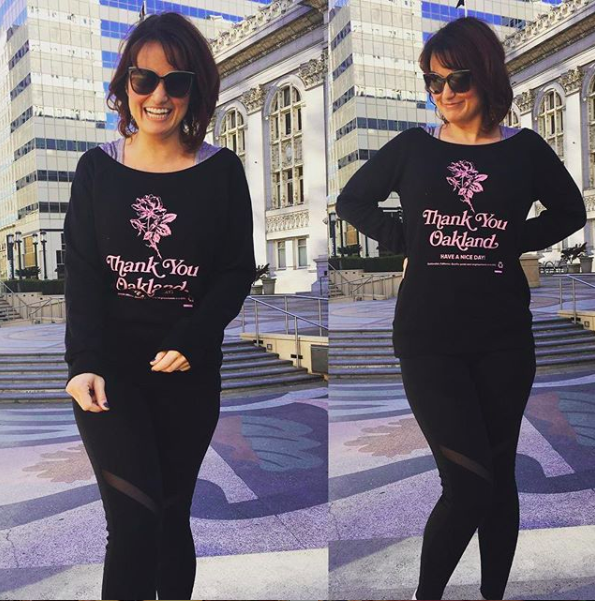People In Recovery From Opioid Addiction Talk About How Medication Worked For Them
Tell us a little bit about yourself.
I love to read, and lately I’ve taken up very slow jogging. I’m introverted and love to decompress at home watching TV or reading a thriller.
Can you describe your experience with opioid addiction?
It was pretty unexpected. I didn’t realize I was in withdrawal, the first time I stopped taking pills for a few days – I assumed I had the flu.
What was trying to get off of opioids like for you?
I wanted nothing more than to quit. I wasn’t getting high anymore, I was just spending all this money to prevent withdrawal. But I couldn’t quit on my own, no matter how hard I tried. I’d get to a certain point of physical and mental sickness and desperation, and give in and use again.
Were you made aware of recovery meds like Suboxone and Vivitrol? Did you use them?
I was made aware of Suboxone not by a doctor, but by my drug dealer. I asked her, in pretty much desperation, if there was anything that could help with my withdrawal. And yes, I realized I couldn’t quit on my own after endless attempts, and found treatment that offered Suboxone.
What was the most frustrating thing about trying to find treatment?
At one point I went to the emergency room for help and was told there was a 24 hour wait. I didn’t want to contact my dealer anymore, and I was ready for help. But what was I supposed to do? Sit in the emergency room for 24 hours in withdrawal?
How did you hear about Workit Health?
The company was founded by my two friends, Robin and Lisa, who I know from long-term recovery. I’m now our Head of Marketing.
How would your treatment experience have been different if you had an option like Workit Health?
The first time I went into treatment, I was 21. When I came out, I was told to go to AA but I felt like it was too social for me and I wanted to try to stay sober on my own. I went to therapy but absolutely could have used more support at that time. I relapsed and continued drinking and using drugs for many years.
What do you think really differentiates Workit Health from other treatment options out there?
You go at your own pace, it’s part of your daily life rather than removed from it, and it’s evidence-based, rather than 12-step focused. This means it can act as a supplement to 12-step programs, or an alternative to those looking for a different path.
How much has your life improved since finding recovery from opioid addiction?
It’s night and day. I couldn’t get out of bed without snorting pills. I identified as a party girl above all else, and focused more on my appearance than my accomplishments. I trusted others to clean up messes I continuously made.
How does your recovery and freedom from addiction impact other areas of your life today?
Today, I pay my own bills, I’ve finished my college degree, and I’m in a healthy relationship. I couldn’t have even imagined how much more peaceful and confident I’d feel.
What would you tell people considering opioid addiction treatment like Workit Health?
Just because it’s terrifying doesn’t mean you shouldn’t do it. Getting help for opioid addiction was absolutely one of the scariest things I’ve ever done. But pushing through that discomfort saved me, and brought me to a much better life. You can make it through that initial discomfort. You may not feel like it now, but you deserve recovery.











